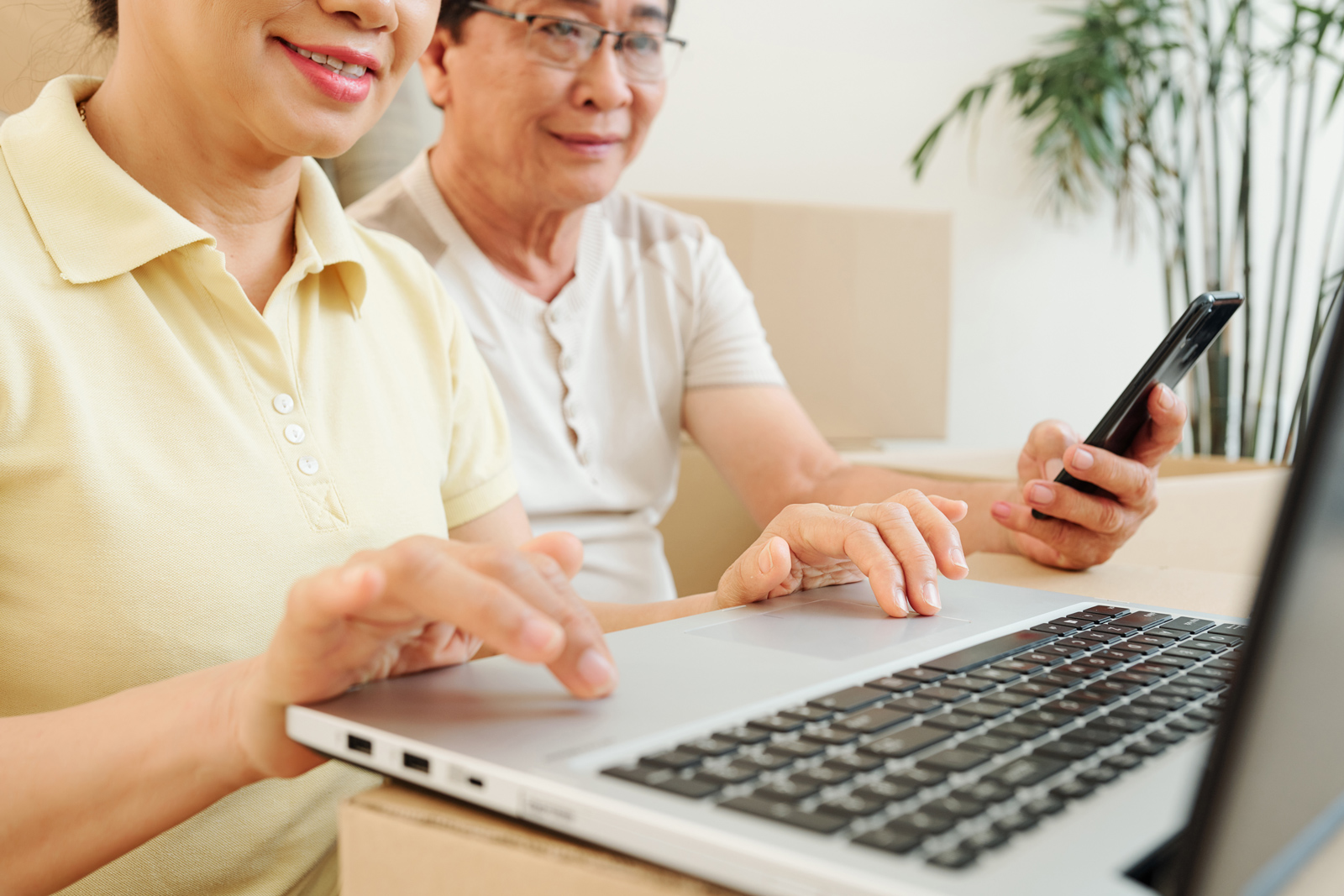Social media is a great tool that gives us more opportunities to stay connected and keep socialising, especially with the COVID-19 situation. However, the anonymity of the other person behind the screen can present some risks and challenges.
Social media networks like Facebook and Instagram are increasingly common in our lives, and for good reason. They provide a simple way to connect to friends who have moved overseas, reconnect with old friends and distant relatives, and even make new friends with whom we have shared interests. It’s not a benefit reserved for the young either! Even seniors are getting on social media to stay connected with their children and grandchildren.
While social media provides the immense benefit of staying connected, it also brings with it the risk of exposing our data, infecting our devices with a virus, or finding that our accounts have been hacked. It can be challenging to protect yourself from the danger of the internet, and this is especially so for those living with dementia.
A person with dementia might find themselves at a higher risk of falling for a scam, unintentionally sharing their private information, or even being exposed to upsetting information. How then, do we empower our loved ones to use social media independently as far as possible, without needing us to constantly monitor their activity? Here are some tips.
Talk About Sharing Passwords
If it is possible, try and talk to your loved one with dementia early on and see if they are willing to share the account’s password. Assure them that you will not interfere with their online activity, and that this is for you to help them in case they misplace their password, and to help keep an eye out for online scammers.
Try to convince them calmly and reassure their doubts, but avoid forcing them to give you the password if they are not comfortable with the idea. Respect their dignity and try other methods instead.
If they are agreeable to share their password, keep it stored in a safe offline location and use it to periodically check on their account.
Help Them Set Up Robust Privacy Settings
Having strict privacy settings can help to protect your account. It’s a good idea to sit with them and go through the privacy settings, helping them to make it such that only accepted friends can see the posted information.
Monitor Friend Lists
Check on their list of friends and accepted contacts in order to keep tabs on any accounts whose owners you might not know. If you do have access to check on their account, monitor any suspicious messages that might come from these unknown accounts.
Team Up With Trusted Friends And Family
It’s always helpful to have multiple sets of eyes. Talk to some trusted family members or friends who can help to keep a lookout for suspicious posts or comments on your loved one’s account.
For ADA’s latest advisories on COVID-19, please visit dementia.org.sg/advisory/covid. You may also refer to our list of COVID-19 care tips and suggestions at dementia.org.sg/covid19.



